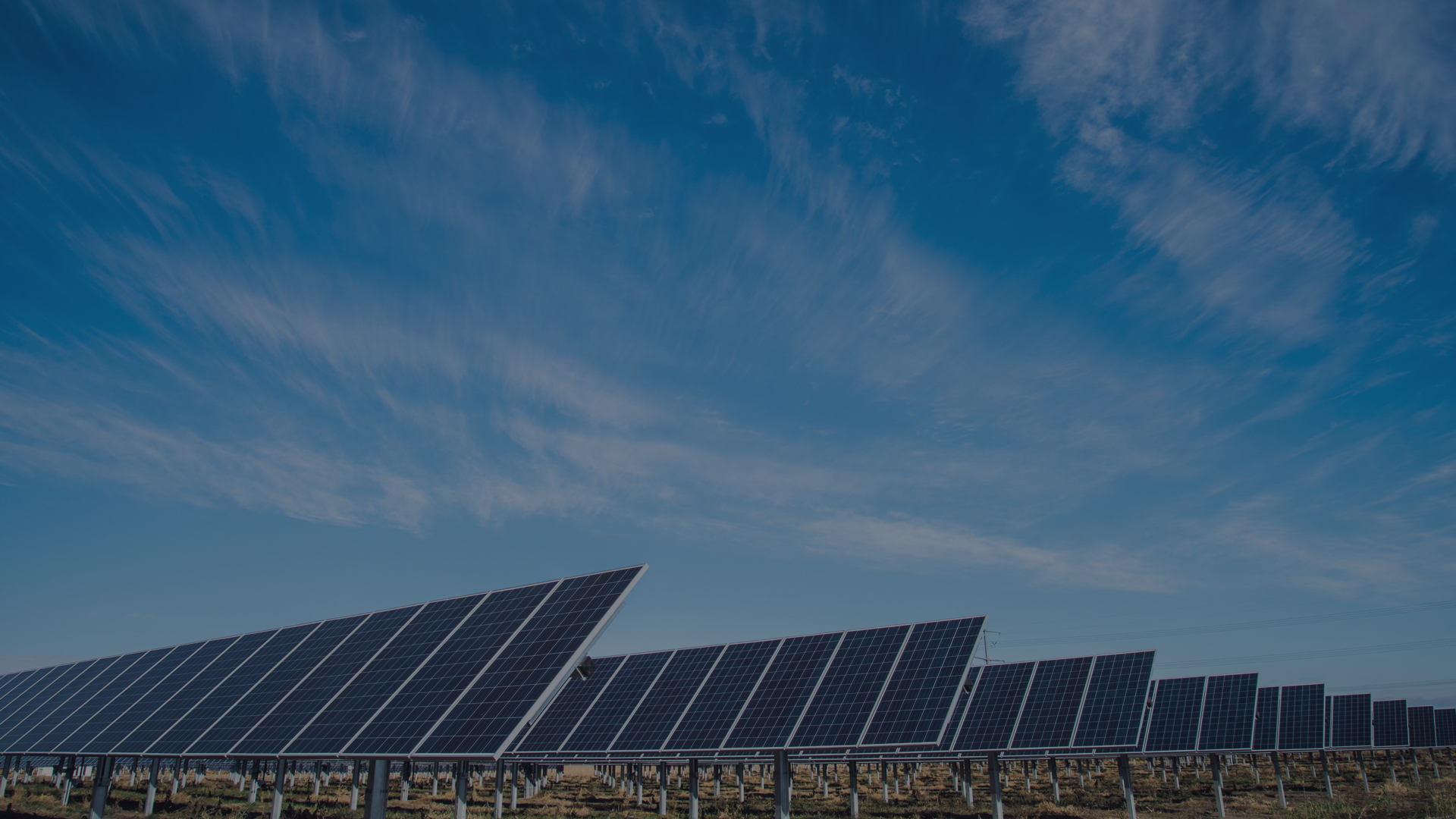The organising committee for London 2012 Olympics has said they will hire and reuse materials in an effort to reduce the event’s carbon footprint.
Organisers of the event have said tackling ‘embodied carbon’ represents a more effective way of reducing greenhouse gas emissions than deploying costly renewable energy technologies at the Olympic site.
The emphasis on reducing embodied carbon has developed as the Games committee has scaled back its original plans to deploy renewable energy technologies at the site, including proposals for a large-scale wind turbine.
Head of sustainability at the London Organising Committee of the Olympic Games (LOCOG) London Organising Committee of the Olympic Games said “Back in 2004 when the bid was prepared, everyone assumed the renewable market would be in a different place, but the fact is less than two per cent of the UK’s renewable capacity is in London.” He explained that the committee’s energy partner EDF had investigated a wide range of options including hydroelectric generators in the River Thames and on-site wind turbines. “The wind turbine plans had to be stopped for safety reasons and the fact is it is very difficult to deploy large-scale renewables in urban environments, which may be a useful lesson for future projects.”
He added the Olympic site was still expected to feature solar panels on some buildings, such as the press centre, and that legacy committee was exploring installing a waste-to-energy system on the site after the Games.
Read the full article: The Guardian
